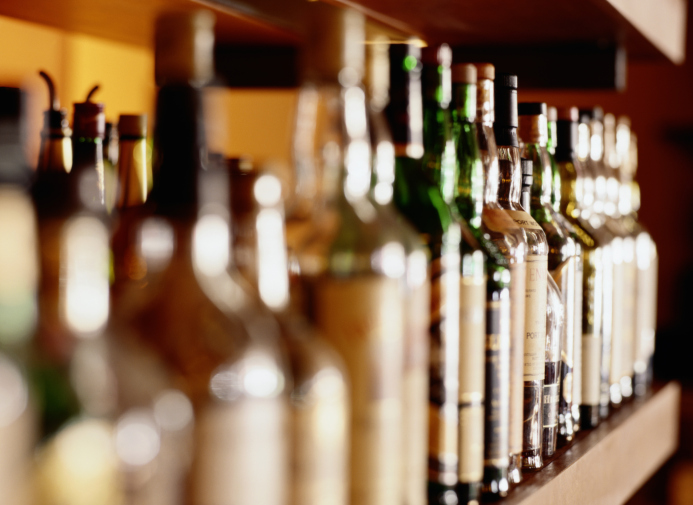|
 Serving alcohol isn’t worth the insurance investment for many restaurant chains, but restaurant insurance—when utilized effectively—can combat the difficulties. The legalities of “wet restaurants” certainly contain pitfalls that capable of outweighing the revenue gains of a liquor license. Alcohol sales profits can certainly be large, but you’ll need to make sure you’re side-stepping costly processes in both commercial and legal realms. Take a look at the five biggest dangers alcohol-serving restaurants face today, and learn how to avoid them. Serving alcohol isn’t worth the insurance investment for many restaurant chains, but restaurant insurance—when utilized effectively—can combat the difficulties. The legalities of “wet restaurants” certainly contain pitfalls that capable of outweighing the revenue gains of a liquor license. Alcohol sales profits can certainly be large, but you’ll need to make sure you’re side-stepping costly processes in both commercial and legal realms. Take a look at the five biggest dangers alcohol-serving restaurants face today, and learn how to avoid them.
Pitfall One: Maintaining Multiple Licenses
In many cases, you’ll need to maintain different licenses for different alcoholic beverages. In some areas, a restaurant’s viability as an alcohol serving establishment is severely limited by this. More importantly, restaurant owners failing to upkeep their multiple licenses can fall into insurance trouble.
Pitfall Two: License Availability
Sometimes, restaurants can’t even obtain a license. Cities contain a total “cap” of allowed licenses, resulting in owners often planning too far ahead. When this occurs, owners may, in fact, center entire fiscal plans around licenses that cannot be obtained—resulting in monetary and insurance issues alike.
Pitfall Three: Underage Drinking
Understandably, underage drinkers are incredibly damaging to a restaurant carrying a liquor license. As a restaurant operator, you’ll need to fortify your approach to preventing underage drinking. Serving an underage individual, even once, can result in a lost license, fines and skyrocketed insurance rates.
Pitfall Four: An Overconcentration of Licenses
In many urban jurisdictions, providers can be denied a license based upon an oversaturation of licenses in the area. Like above, restaurant owners may base insurance policies and monetary plans around the perceived ability to maintain a license. Even if a city’s maximum standard hasn’t been reached, however, an area’s oversaturation of licenses may “block” it from receiving more. When this happens, advanced planning may be derailed, resulting in a loss of operational ability and future spending flexibility.
Pitfall Five: Damages and Injuries
While in an alcohol-serving establishment, patrons are subject to a certain amount of safety. While insurance coverage will protect an establishment, it’ll fail to account for several damages and injuries caused by intoxication. In general, obtaining high-quality insurance coverage is a good way to prevent potential lawsuits.
In any event, forethought is incredibly useful. Before obtaining a license, make sure all future fiscal plans are central to the possibility of not being able to sell alcohol. Additionally, maintain a keen eye on each of your alcohol licenses—it just might save your restaurant in the long run.
If you have questions about state alcohol laws and how your alcohol licenses affect your insurance rates, call Buschbach Insurance today at (708) 423-2350.
Posted Friday, November 04 2016 4:50 PM
Tags : insurance, business insurance, coverage, tips, savings
|